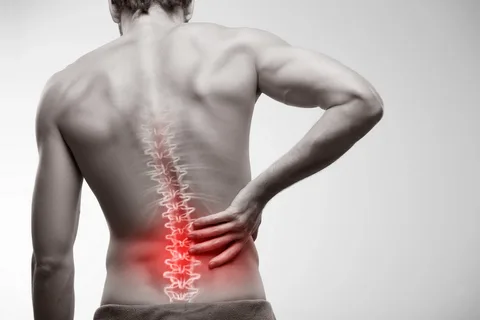People who have experienced hip pain will tell you how uncomfortable it is. It is usually felt around the knee down to the thigh. Hip pains can occur while you sleep, walk or dance. In some instances, it is triggered by conditions that we will identify here. If you worry that you may get hip pain at some point, you do not have to worry much as Dr. Zachary K Perlman is a phone call away.
Now that we know what hip pains feel like, here are conditions that trigger the sensation below.
Hip Fracture
The risk of this injury occurs as you age. Its symptoms include severe pain in the hip, inability to get up after falling, and swelling around the hip area. Besides age, hip fractures can be caused by car accidents, not eating foods rich in calcium, and using medications like prednisone.
Once you get this injury, your only option is surgery. Depending on its severity, your surgeon may consider total or partial hip replacement. The former replaces the hip’s ball and socket, while the latter replaces only the ballpoint.
Septic Arthritis
People develop this condition after receiving penetrating injuries from trauma or animal bites. These injuries introduce germs into your bloodstream, which causes painful infections in your hip joints. If you do not receive prompt treatment, your hip will begin to swell, and you will get feverish. The pains come and go, and that is the best time to see a doctor.
Doctors treat the condition by administering antibiotics. After administering them, your doctor will create a physical therapy program for you.
Leukemia
Leukemia refers to cancer of the blood and leads to the growth of abnormal white blood cells. These cells gather around the hip joints and exert pressure which triggers hip pain. Other symptoms to expect from the condition include vomiting, fever, headache, fatigue, and shortness of breath.
The preferred form of treatment by doctors for leukemia is chemotherapy. Doctors may use a single drug or multiple drugs depending on your leukemia type. Other treatments they may use are targeted and radiation therapy.
Sciatica
People with sciatica experience pain along the sciatic nerve, which runs through the hip and buttocks. Sometimes, the pain may feel like a mild ache or an electric shock. Other symptoms include loss of feeling in the affected leg and lack of bladder control.
Before you consider surgery for your pain, your doctor will consider methods such as physical therapy, steroid injections, and meditation.
Sprains
Hip sprains occur when you stretch a ligament or muscle beyond its limit. If they are severe, you may be unable to move your hip. Sprains usually occur due to insufficient warm-up prior to activity and doing strenuous activity too soon.
Doctors usually use physical therapy to treat sprains. Some of the therapeutic techniques they use include massage, heat therapy, and therapeutic ultrasound.
In case you experience hip pain, you will not always need to see a doctor. If it is minor, you can try self-care tips such as resting, icing, and using pain relievers like ibuprofen. However, if you develop other symptoms besides hip pain, you may have a condition that needs prompt treatment.
Since hip pains can be painful, you can prevent them by exercising. Some people do not work out because of their tight schedules at work or college. However, you will have to create time if you do not want to get them.








